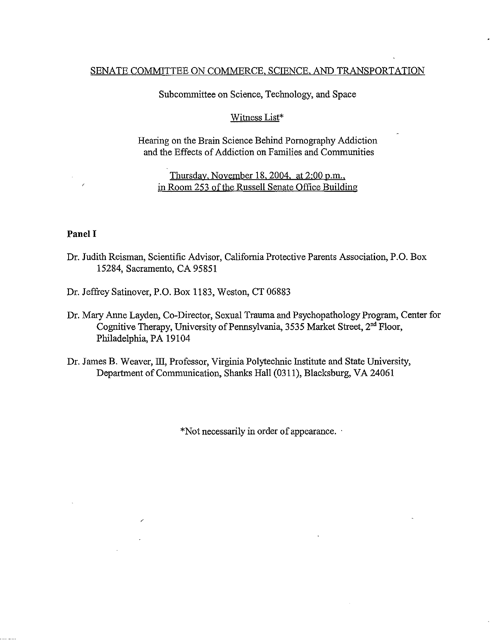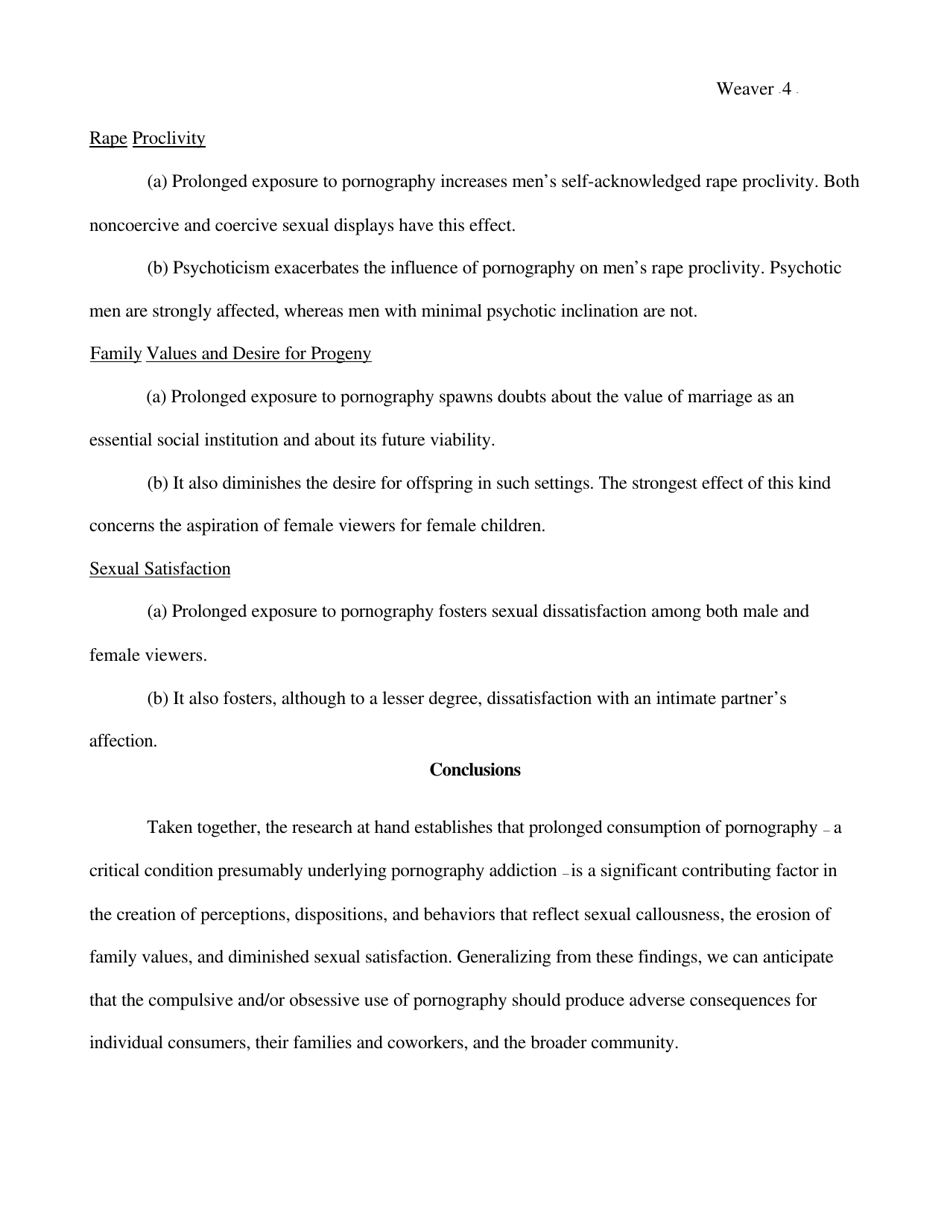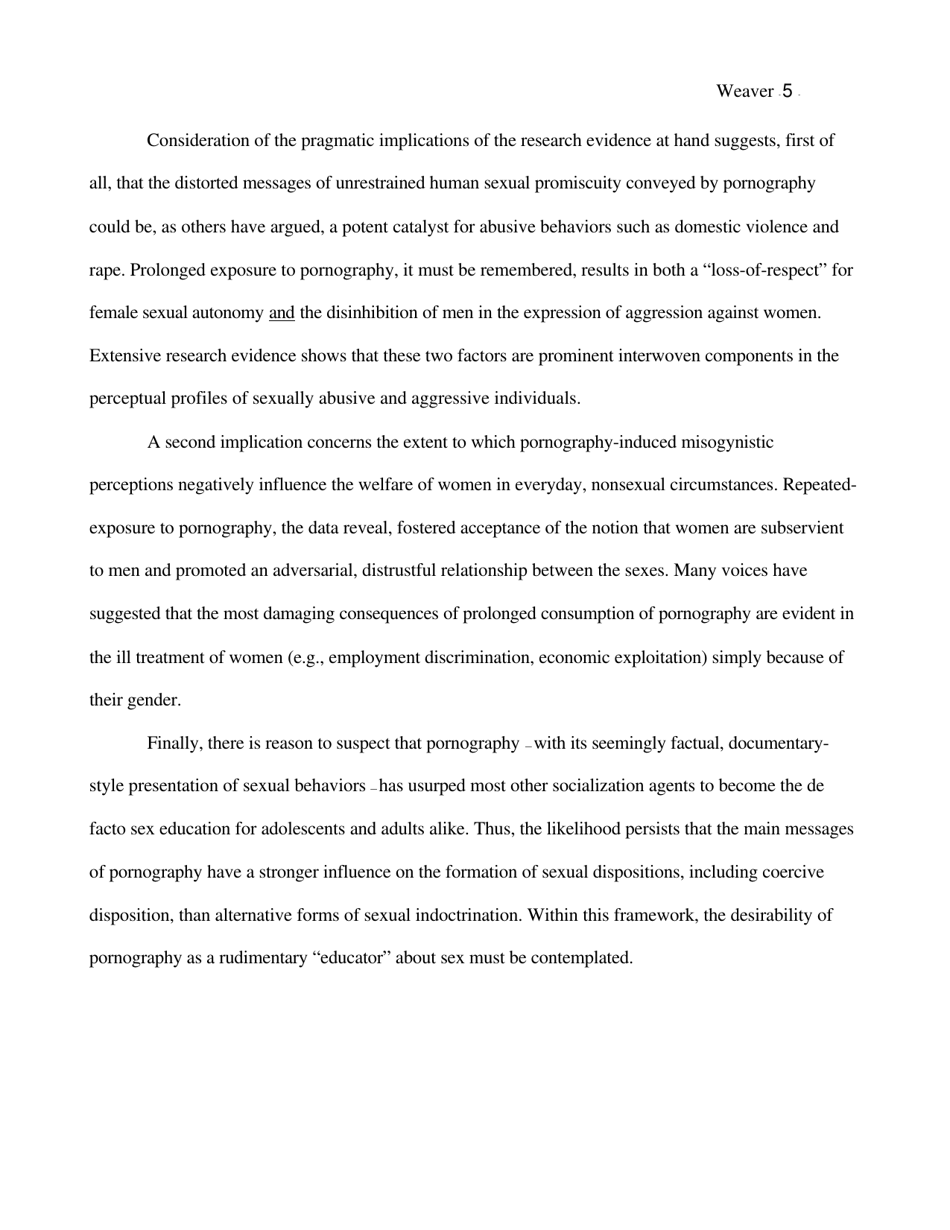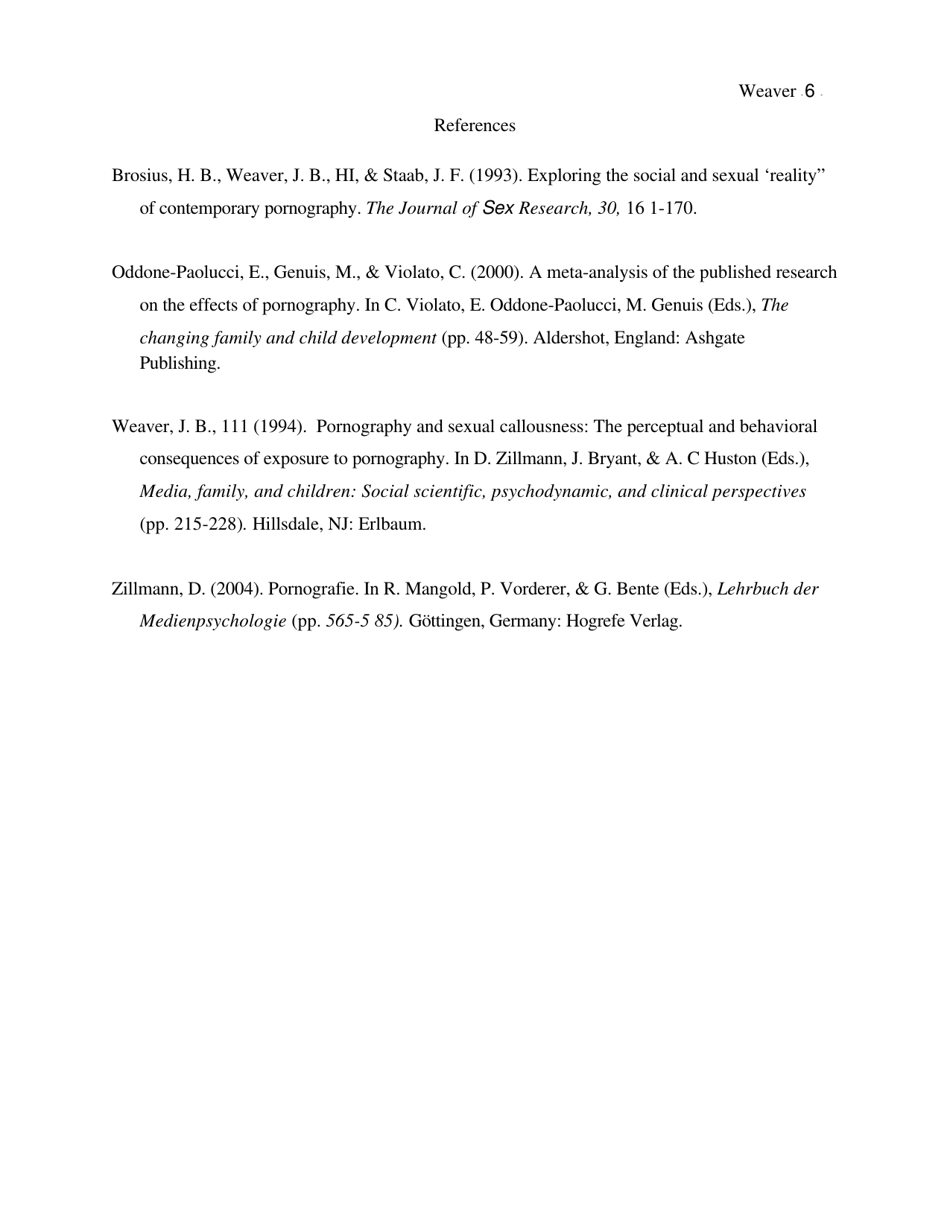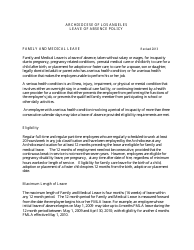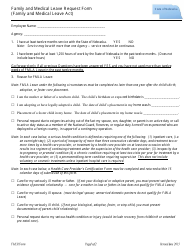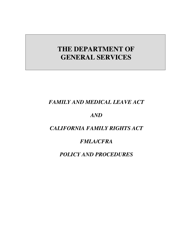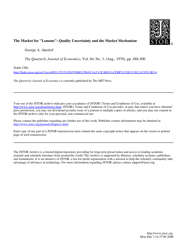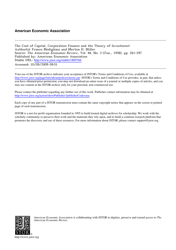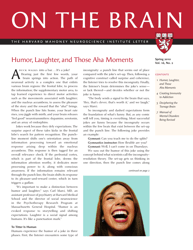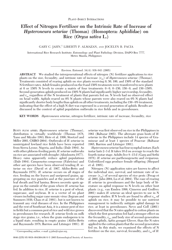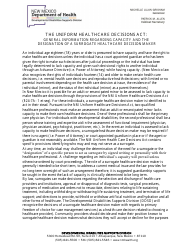Testimony (Dr. Judith Reisman), Hearing on the Brain Science Behind Pornography Addiction and the Effects of Addiction on Families and Communities
The Testimony by Dr. Judith Reisman was given for the Hearing on the Brain Science Behind Pornography Addiction and the Effects of Addiction on Families and Communities.
FAQ
Q: Who is Dr. Judith Reisman?
A: Dr. Judith Reisman is a testimony speaker at the hearing on the Brain Science Behind Pornography Addiction and the Effects of Addiction on Families and Communities.
Q: What is the hearing about?
A: The hearing is about the Brain Science Behind Pornography Addiction and the Effects of Addiction on Families and Communities.
Q: What is the purpose of Dr. Reisman's testimony?
A: Dr. Reisman's testimony aims to provide expert insights on the effects of pornography addiction on families and communities.
Q: Why is brain science important in understanding pornography addiction?
A: Brain science helps to understand how pornography addiction affects the brain and contributes to addictive behaviors.
Q: What are the effects of pornography addiction on families and communities?
A: Pornography addiction can have detrimental effects on relationships, mental health, and overall well-being of individuals, families, and communities.
Q: What expertise does Dr. Reisman have in the topic?
A: Dr. Reisman has expertise in the field of pornography addiction and its effects on individuals, families, and communities. She is a qualified testimony speaker at the hearing.
Q: What can be expected from Dr. Reisman's testimony?
A: Dr. Reisman's testimony is expected to provide valuable insights and evidence-based information on the brain science behind pornography addiction and its impact on families and communities.
Q: Why is it important to discuss the effects of pornography addiction?
A: Discussing the effects of pornography addiction helps raise awareness, inform policy decisions, and promote support systems for individuals and families affected by this addiction.
Q: What other topics might be discussed at the hearing?
A: Other topics that might be discussed at the hearing include the societal and cultural impact of pornography, prevention and treatment strategies, and the role of education in addressing the issue.
